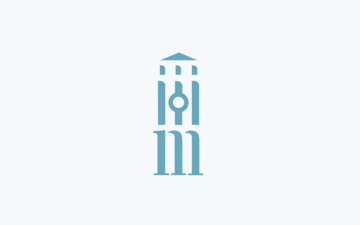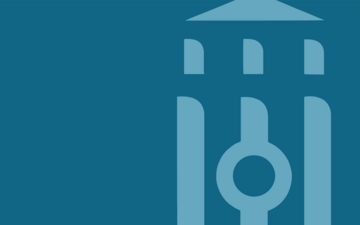Students and faculty with mental disabilities find their privacy under fire; new book, Chronicle of Higher Education story cover the issue

Mental disability is a topic of fast-growing interest in all spheres of American culture, including popular, governmental, aesthetic, and academic. Margaret Price's Mad at School: Rhetorics of Mental Disability and Academic Life explores the contested boundaries between disability, illness, and mental illness in the setting of U. S. higher education. Scholar and disabilities activist Margaret Price asks: How might our education practices change if we understood disability to incorporate the disabled mind?
In an article published by The Chronicle of Higher Education, professor and author Benjamin Reiss writes, "Margaret Price makes clear in her book, Mad at School, influential voices are arguing that we should try to get around the Family Educational Rights and Privacy Act regulations, which protect the privacy of student education records, in order to monitor and sequester potentially 'dangerous' students."
Mad at School is a close study of the ways that mental disabilities impact academic culture. Investigating spaces including classrooms, faculty meeting rooms, and job searches, Price challenges her readers to reconsider long-held values of academic life, including productivity, participation, security, and independence. Ultimately, she argues that academic discourse both produces and is produced by a tacitly privileged "able mind," and that U. S. higher education would benefit from practices that create a more accessible academic world.
Mad at School is the first book to use a disability-studies perspective to focus specifically on the ways that mental disabilities impact academic culture at institutions of higher education. Individual chapters examine the language used to denote mental disability; the role of participation and presence in student learning; the role of collegiality in faculty work; the controversy over security and free speech that has arisen in the wake of recent school shootings; and the marginalized status of independent scholars with mental disabilities.



